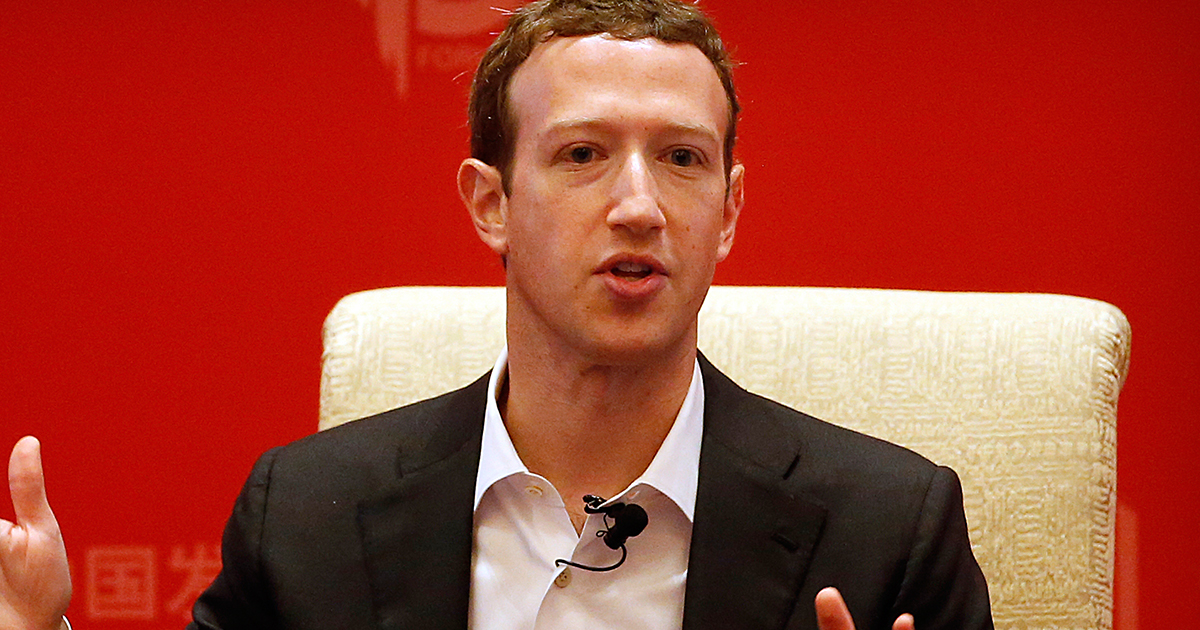How People Can Combat Fake News

By:
The presidential election has cast a spotlight on fake news sites that traffic in misinformation, which some blame for the election of Donald Trump as president.
One man who spread false stories took credit in The Washington Post: "I think Trump is in the White House because of me," ATTN: previously reported.
 davdd / flickr - flickr.com
davdd / flickr - flickr.com
Fake news is just part of the problem.
That's the assessment of experts interviewed by ATTN:, who say that people who create news, organizations that disseminate it, social networks, and end users are all responsible for the spread of biased or false news.
"There are a lot of forces throughout the process that need to be held more accountable," Michelle Ciulla Lipkin, executive director of the National Association for Media Literacy, told ATTN:. Lipkin advocates for teaching media literacy in schools and said there are other ways individuals can become more media literate on their own.
First, it's important to note that every media outlet has bias.
"Media is constructed by people who bring their bias to the table, in who they hire, what they decide to cover, how stories are framed," Lipkin said. "It doesn't mean it's not truthful. It's just reported from a point of view."
But bias is different from an outright lie, Lipkin said.
She cited the example of teens in the former Yugoslav republic of Macedonia, who were found by BuzzFeed News to be running more than 100 pro-Trump websites.
"The huge difference between CNN or Fox and an extreme news outlet like Breitbart is that when there is truth [in their stories], it's presented in such a biased way, with no level of fairness or balance," Lipkin said.
The media landscape is especially difficult to decipher, since outlets can sneak falsehoods into a story within a factual context, which is even more insidious, Lipkin added.
How do you become a discriminating news consumer?
1. Read the story, not just the headline.
Read an article before you share it or comment on it, Lipkin said.
"Part of the issue is not necessarily me as an individual reading a story," Lipkin said. "It's looking at the headline, then sharing it without reading it. Then it continues to spread. Instead, people should think critically, understand the bias, and make educated decisions about media they consume and share."
2. Verify the story through other credible sources.
Thinking critically involves asking yourself a few essential questions and starting from a place of not simply taking a story at face value.
The first question you should ask is, "How do I know this is true?"
Lipkin suggested looking for two additional reputable sources to verify a story.
If you can't do that, don't share the story. "Spreading fake news ... is a user issue," Lipkin said.
3. Ask yourself about the purpose of the content.
"For the teenagers in Macedonia, it was to make money off of news sites where they totally fabricate the story," Tessa Jolls, president of Center for Media Literacy, told ATTN: in an interview.
Your role as a reader has expanded, and with that comes more responsibility. "We're all becoming producers, so we also need to learn how to be citizen journalists," Jolls said. "Even though they never eliminate bias, there's an attempt to understand it and to really be able to present diverse points of view, through training in ethics, standards, and methodology for reporters."
Social media platforms can help by offering users better tools to identify what you're reading.
 AP/Mark Schiefelbein - apimages.com
AP/Mark Schiefelbein - apimages.com
Companies such as Google and Facebook should take responsibility to prevent the spread of fake news, but that's tricky territory, Lipkin said: "We don't necessarily want them to be arbiters of proof or censors."
One solution could be to add a credibility ratings system to news that appears on a particular platform, Lipkin said. "When someone visits a fake site like nbc.com.co, Facebook would indicate that it's not NBC," Lipkin said.
Tech companies also need to spend more money on their editorial processes, Lipkin said. This runs counter to Facebook creator Mark Zuckerberg's argument when he was asked whether Facebook would become a news editor: "No, we are a tech company, not a media company."
Facebook was criticized earlier this year for manipulating its "trending" section supposedly to suppress conservative news stories. The company fired the people tasked with writing descriptions of trending topics on the site and replaced them with algorithms that pull excerpts directly from stories.
That's not enough, Lipkin said: "Every platform should have an editorial team that's looking and assessing trending articles and giving information to users about certain sites and sources."
But you shouldn't rely solely on technology to vet the news.
Technological solutions such as Chrome extensions that identify fake news sites have also been touted as solutions.
But "there are limits to that because of human error," Lipkin said. "And when you think technology has it covered, you're not in charge anymore, and it can make you lazy. Plus, we're not teaching our kids anything, and as human beings, we also need to learn and think about our relationship to social media. We can't take human beings out of this."
